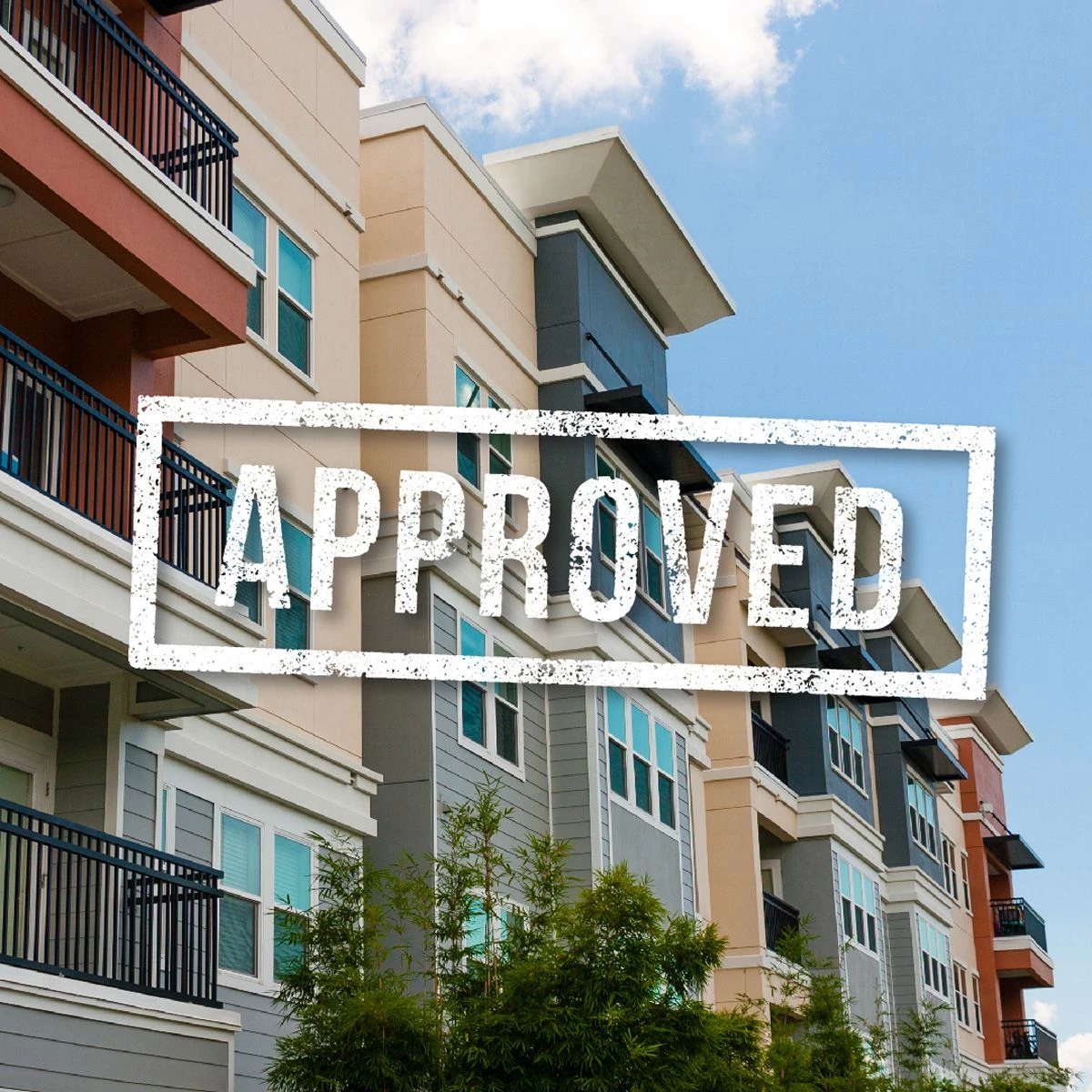|
There are some important facts to understand prior to purchasing a condominium. We have compiled a list of many of the frequently asked questions and answers for your convenience.
If you have a question that is not included on our list, please just give me a call or email me your question.
What exactly is a Condo?
"Condominium" is a term used for legal ownership of an individual unit in a condominium corporation. Ownership of a condo includes both the legal title to all the space inside the individual unit as well as an interest in the common areas of the condominium complex. Costs and maintenance of common areas and common elements are shared by all owners in the condominium association.
Condominiums come in the form of high-rises, lofts, townhouses, mid-rises, villas, flats, and converted rental properties.
What are the duties of the Condominium Association/Board?
The Condominium Association/Board has several duties and responsibilities. They are responsible for the day-to-day operation of the complex, as well as long term planning. The association is supposed to oversee what is happening in the complex, and make sure that owners adhere to the rules and regulations.
For instance, the bylaws may prohibit items that may be stored or kept on a balcony or patio. The condo association would be in charge of addressing issues that arise.
A good Condo Association is fundamental to maintaining your condominium´s value. It is certainly preferable to have a professionally managed complex.
Why are some condo fees so high?
Higher fees are in direct relation to the property´s location and amenities offered to residents. Services such as a 24-hour concierge desk, elevators, a clubhouse, swimming pools, work-out facilities, and security increase the overall fees. Also, the utilities included will vary from complex to complex.
Typical items covered by condo fees:
Maintenance of common areas & common elements (i.e. landscaping, exterior maintenance)
Reserve fund contributions
Amenities
Utilities (electric for common areas, water, sewer)
Snow removal
Trash removal
Insurance policies
Property management fees
What is a Declaration? (known as covenants, conditions, and restrictions, "CC&Rs" in some states)
It´s an instrument, similar to a deed that sets forth the legal particulars and creates a condominium complex. It gives the legal description of the parcels and the legal description of each unit. It details the percentage of ownership in the common elements that is allocated to each unit. As well as, any other lawful provisions that the developer/owner deems desirable to promote and preserve cooperative ownership and to facilitate proper administration.
What are condo fees?
Sometimes called maintenance fees, condo fees are proportionate charges for your share of the upkeep and maintenance of common areas or common elements, and reserve fund contributions of the condominium complex.
Typically, these fees are based on the direct proportion of the unit size in relation to the overall size of all units. Fees vary dramatically, according to the property, age, location, and amenities offered to residents.
*Warning - super low condo fees may be appealing, but be careful you don´t purchase into a complex that is in a financial crisis.
What is a reserve fund?
The reserve fund is an account established by the condo association to anticipate extraordinary costs and major repairs of the common areas and common elements of a condominium complex, such as driveway resurfacing, roof replacement, new landscaping, etc.
How are fees determined?
Fees are usually based on the annual operating costs for the entire building/complex and divided by each owner´s individual contribution to the common expenses per the condominium association rules and regulations, as well as contributions to a reserve fund. Each owner has a vote in the decision on whether condo fees should be increased should the board of directors call for an increase due to increasing overhead.
Do I need to purchase insurance?
Yes, you will need to purchase a home owner´s policy to cover the contents and provide protection for your individual unit. The condominium association carries a liability insurance policy to handle any claims relating to common areas of the building/complex, and coverage for the building/complex.
Tip - Verify what coverage the association carries.
What are Bylaws?
Basically the rules and regulations, the bylaws provide information pertaining to establishment and administration of the condominium board including particulars on the election of board members, the powers and duties of the board, the number of members that make up the board, when meetings and election for board replacements are to be held, and any restrictions or requirements regarding the use and maintenance of units and use of common elements.
What are Common Elements?
Property that is owned in common and to be used for the enjoyment by the Association members, such driveways, community terraces, hallways, lobbies, and garages are common elements.
A limited common element is property with usage restrictions. A parking space assigned to a unit is a limited common element. The master deed/declaration specifies which parts of your condominium development are designated as limited or general common elements. Use of the common elements is governed by the bylaws for the condominium development.
Information provided by Clayton Condos

|

